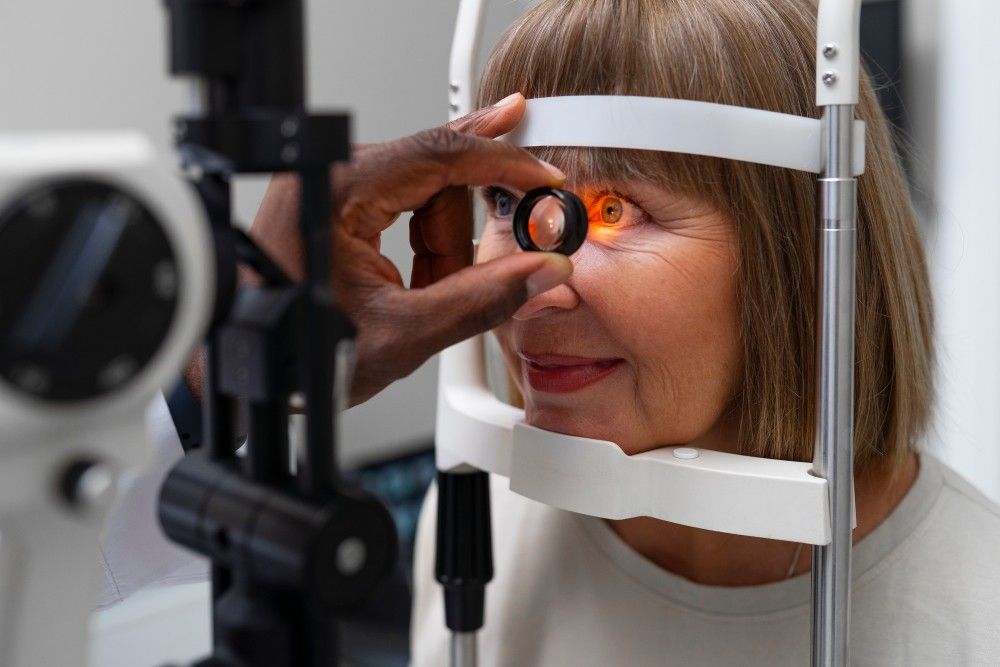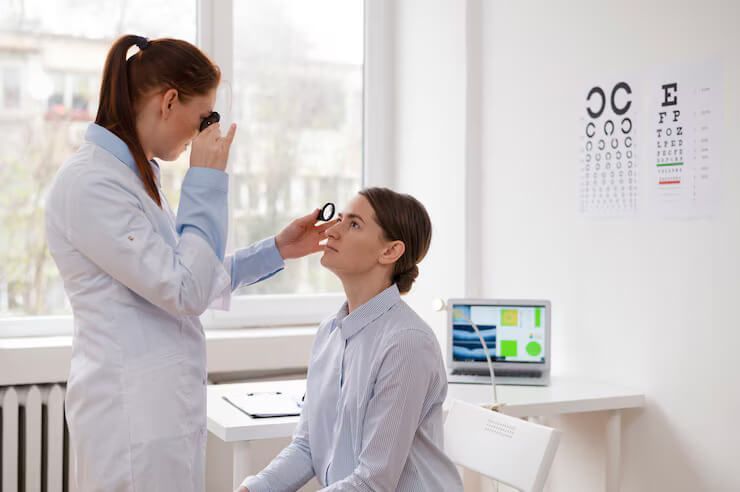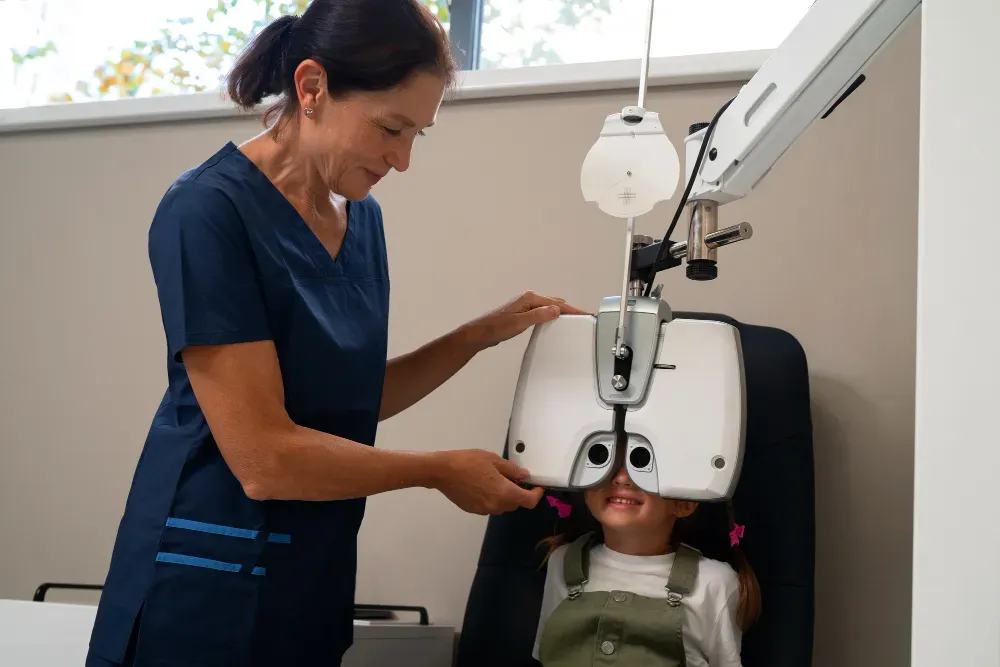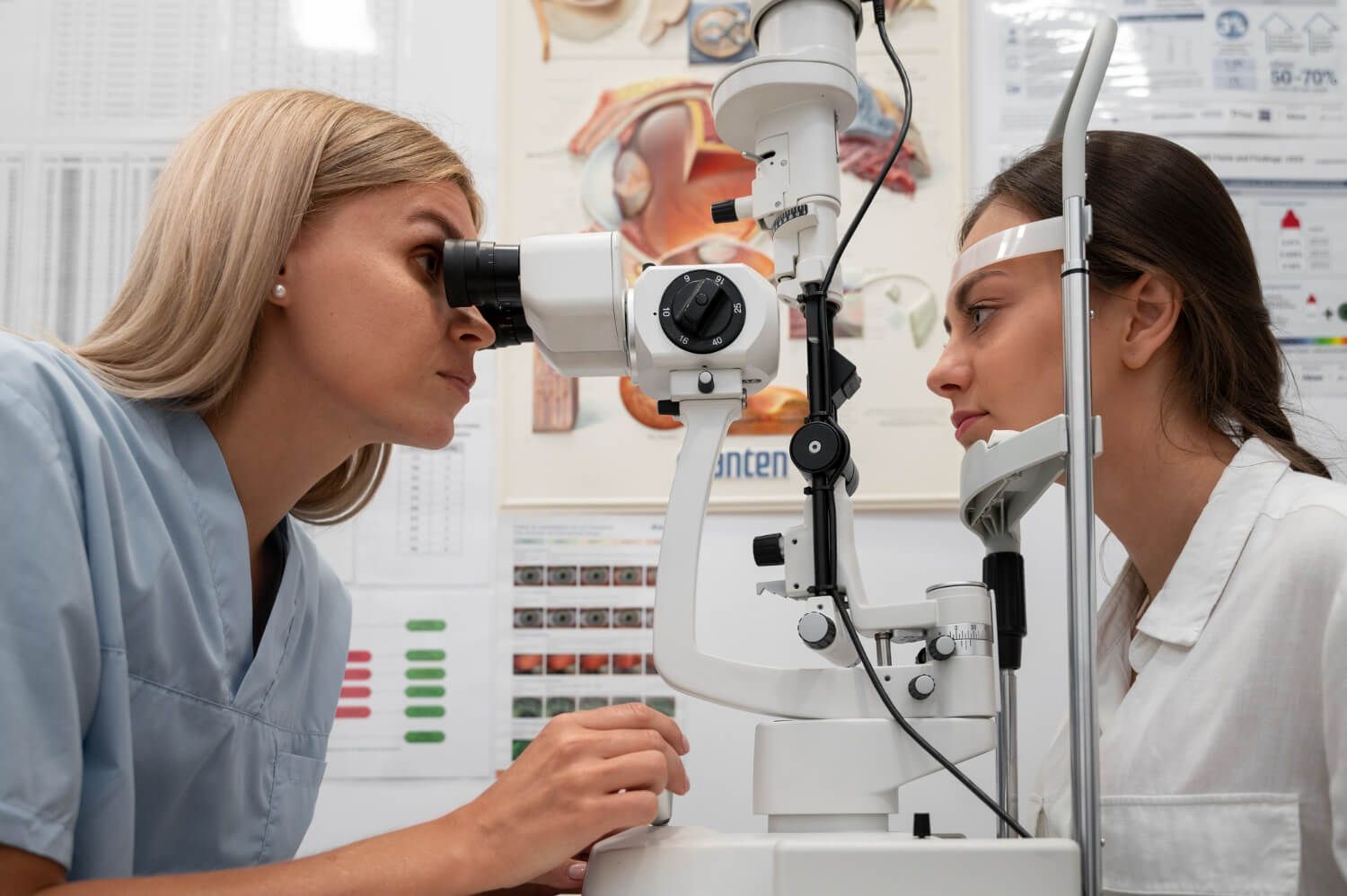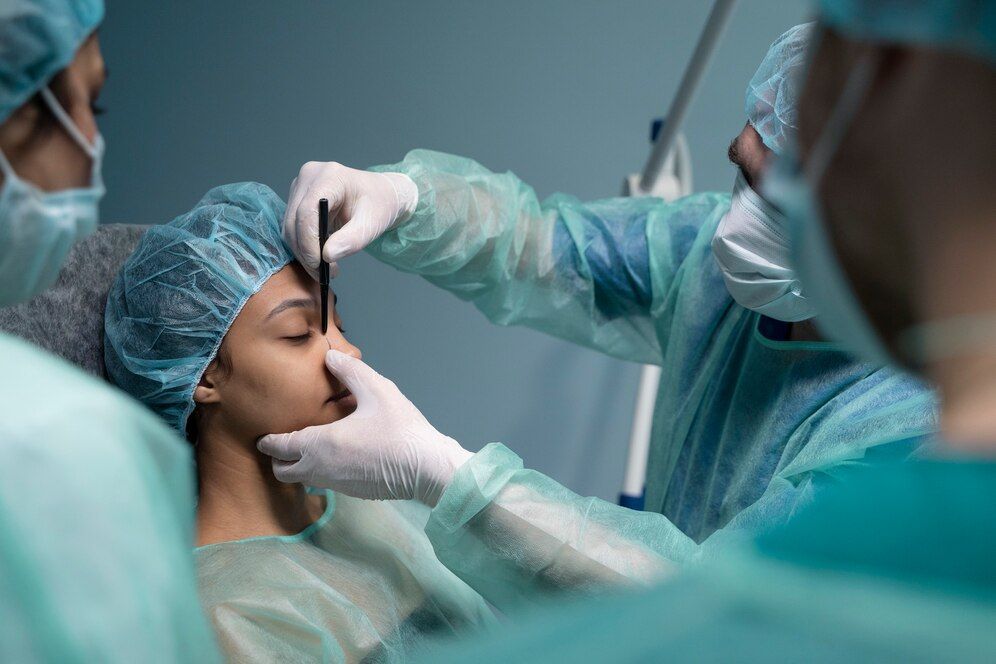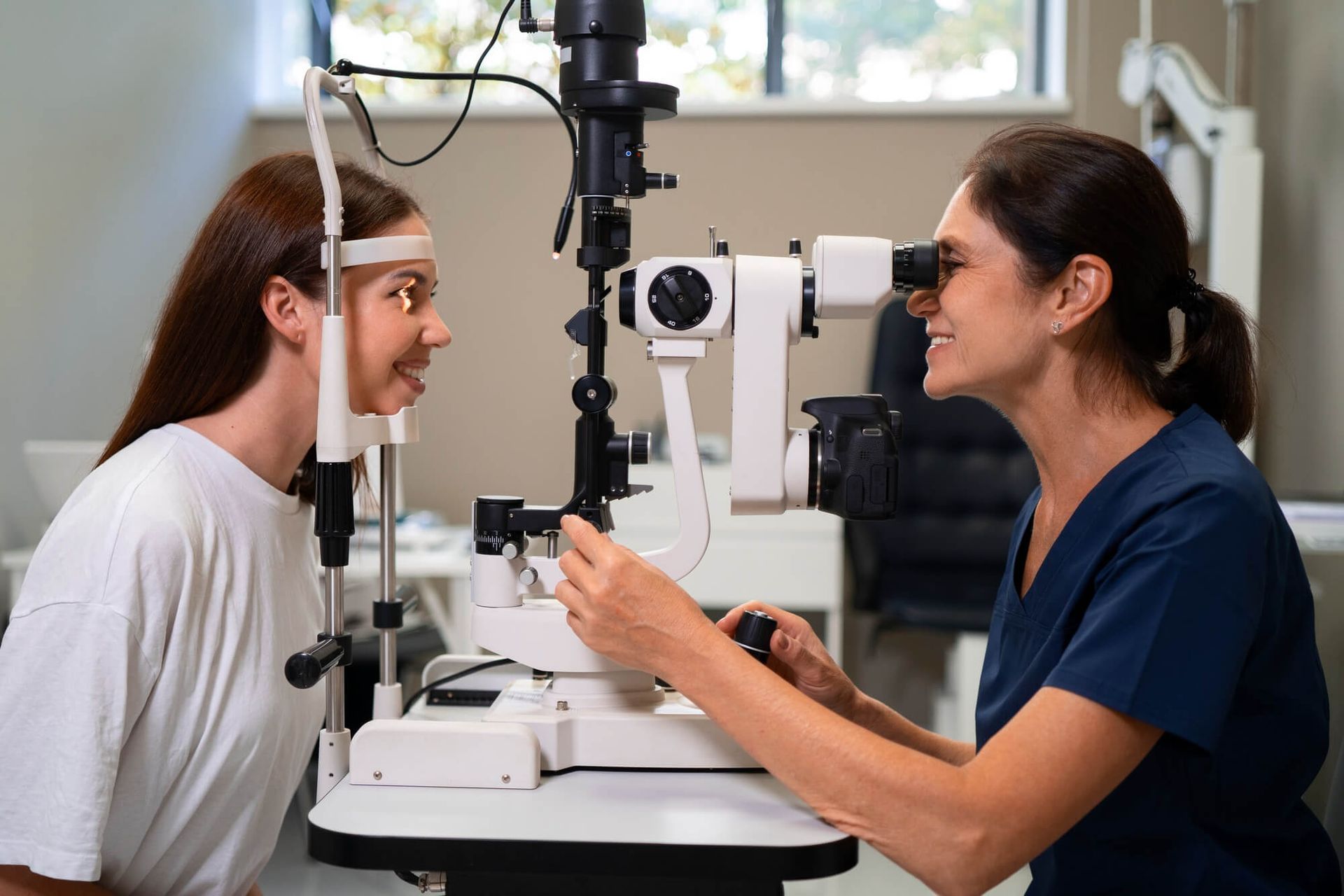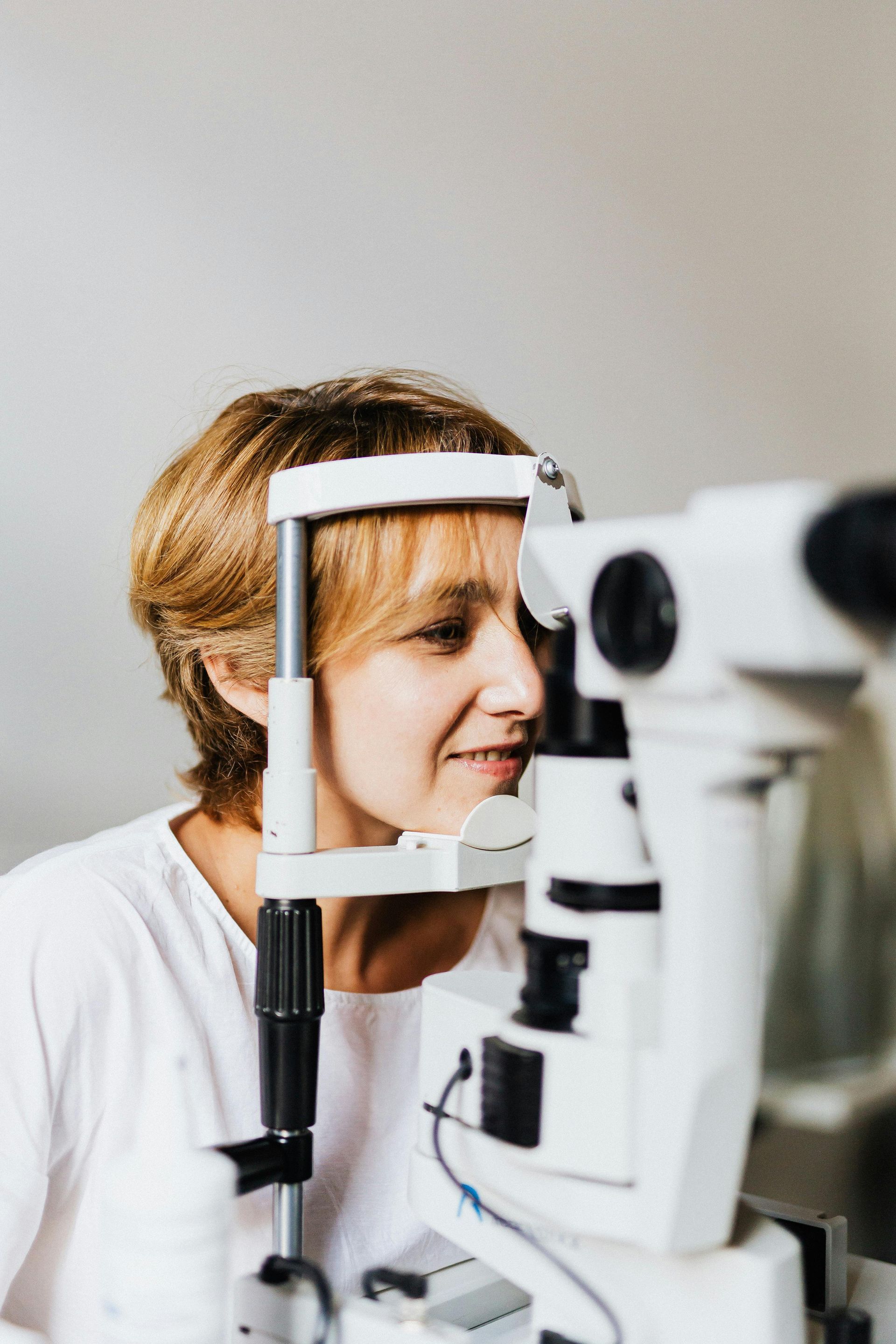Cataract Diagnosis and Treatment
Are you experiencing cloudy or blurred vision, particularly at night or in bright light? These symptoms could indicate the presence of cataracts, a common eye condition that affects millions of people worldwide. At Hill Country Eye Center in Austin, Texas, we understand the importance of early detection and treatment for cataracts. In this blog post, we'll explore how cataracts are diagnosed and what steps you can take to preserve your vision.
Understanding Cataracts
Cataracts occur when the natural lens of the eye becomes cloudy or opaque, leading to a gradual loss of vision. This clouding is often caused by the natural aging process, but cataracts can also develop due to factors such as genetics, ultraviolet light exposure, smoking, and certain medications.
Diagnosing Cataracts: The Process
Diagnosing cataracts typically involves a comprehensive eye examination performed by an experienced ophthalmologist or optometrist. Here's what you can expect during the diagnostic process:
- Visual Acuity Test:
Your
Austin eye doctor will begin by assessing your visual acuity, or how well you can see at various distances. This may involve reading an eye chart to determine if you have any difficulty seeing objects clearly.
- Slit-Lamp Examination: During a slit-lamp examination, your eye doctor will use a special microscope called a slit lamp to examine the structures of your eye, including the lens. This allows them to assess the clarity and transparency of the lens and detect
any signs of cataracts.
- Dilated Eye Examination: To get a better view of the back of your eye, your eye doctor may perform a dilated
eye examination. This involves using eye drops to temporarily widen your pupils, allowing them to examine the lens and other structures more closely.
- Other Tests: In some cases, additional tests such as optical coherence tomography (OCT) or a glare test may be performed to further evaluate the extent of the cataract and its impact on your vision.
Treatment Options for Cataracts in Austin
If cataracts are detected during your eye examination, your eye doctor will discuss treatment options with you. In the early stages, cataracts may be managed with changes to your eyeglass prescription or lifestyle modifications. However, as cataracts progress and begin to interfere with your daily activities, cataract surgery may be recommended.
Early detection and diagnosis are crucial for effectively managing cataracts and preserving your vision. If you're experiencing symptoms of cataracts or are due for a routine eye examination, don't hesitate to schedule an appointment with the experienced team at Hill Country Eye Center in Austin, Texas. Our dedicated eye care professionals are here to provide personalized treatment and support every step of the way.
If you have any concerns about your vision or would like to schedule an eye examination, contact Hill Country Eye Center today. We're committed to helping you maintain healthy eyes and clear vision for years to come.
